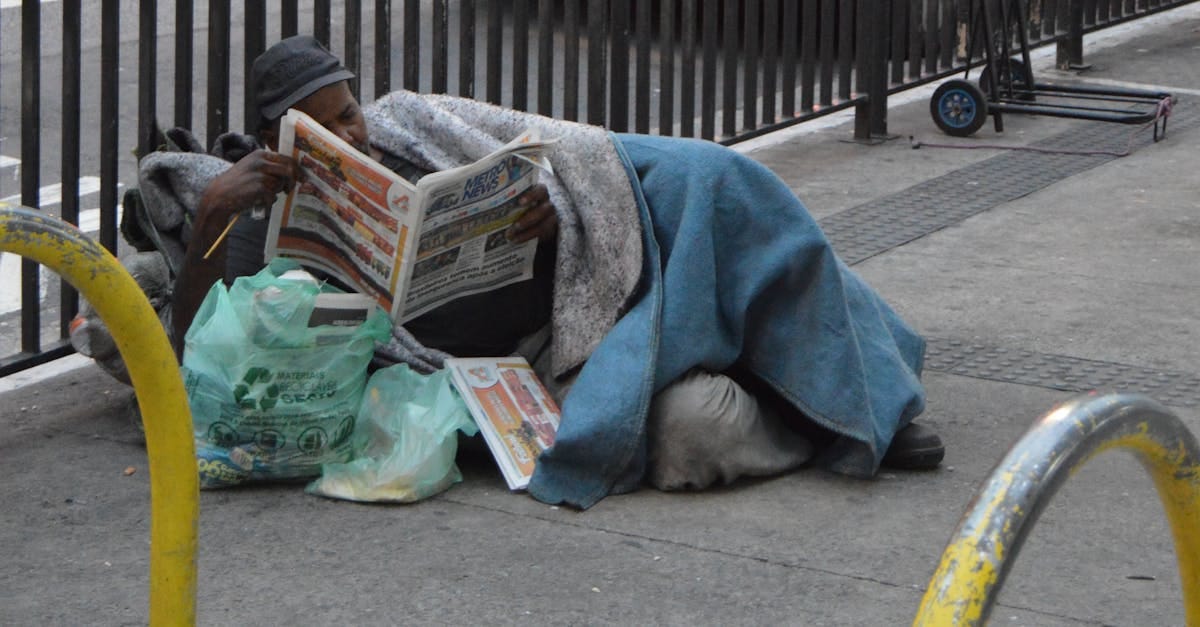Well Over 68,000 Homeless Persons This Year! Congratulations, Chicago!
Not Counting the New Migrants
Suddenly, there are new articles and emails coming out about the number of homeless persons in Chicago.
We are NOT talking about the new migrants from Venezuela, Colombia, and other countries when we talk about the 68,000 unroofed persons in the city. StreetSense does interview new migrants, help to translate for them, help agencies and food pantries find volunteers who speak Spanish, and conduct research and discussions with persons from those countries and others.
What we are talking about here is the high number of persons without keys to their own dwelling. These “unkeyed” people make up a huge number of Chicagoans.
The number 68,440 is the one reported by the Chicago Coalition for the Homeless (CCH) as far back as 2021. Their website reports that “This data is per an analysis by CCH using data from the U.S. Census American Community Survey, exposing an often-hidden crisis in Illinois homelessness: temporarily staying with others…” The term for this is “doubling-up” (https://www.chicagohomeless.org/estimate-of-homeless-people-in-chicago/#:~:text=An%20estimated%2068%2C440%20people%20were%20experiencing%20homelessness%20in,from%202020%2C%20immediately%20prior%20to%20the%20COVID-19%20pandemic.).
The CCH are experts on the Chicago homeless community. They know what they are talking about. They are good at doing research, finding data, making recommendations, and helping people who have no place to live. When they report it is 68,440, I believe them.
This 68,440 is the number some people, agencies, and elected officials don’t want you to think about.
Why? Because the number is high.
However, this 68,440 from 2021 is a very important number indeed. It shows the terrible situation in the city, and it shows that the number is growing. And it shows that the city is not getting people into housing very fast.
“Doubling-up” is an emergency way to get people, often family members or coworkers, indoors fast, yes. But it means sleeping on your sister’s couch, in your cousin’s garage, on your coworker’s floor, or in the basement on your grandma’s cot. None of these are decent long-term solutions to finding you a good place where it is safe, secure, warm, and decent.
Doubling-up is simply a means of getting you “invisible” and off the street.
There is one HUGE problem (though others too) about being doubled-up: You are NOT eligible for funds from HUD if you are doubling-up. HUD does not consider you homeless.
There are different ways to count the homeless, but the most recent figures show that in fact there are now over 68,000 unhoused persons in the city. Experts who actually know the numbers and what sounds accurate will tell you it is AT LEAST that high a number (https://www.chicagohomeless.org/estimate-of-homeless-people-in-chicago/#:~:text=An%20estimated%2068%2C440%20people%20were%20experiencing%20homelessness%20in,from%202020%2C%20immediately%20prior%20to%20the%20COVID-19%20pandemic.).
Yes, there are much lower figures if you use some of the safer and happier ways to estimate and to count. However, the number has risen each year for the last three years.
While some people and agencies declare there are only a few thousand homeless persons in Chicago, that is simply not an accurate number (https://www.wbez.org/city-hall/2024/06/07/chicagos-homeless-population-increased-threefold-a-city-snapshot-shows-owing-largely-to-migrants?subscription=true&utm_source=Newsletter_Daily-Rundown-Non-Member&utm_medium=WBEZEmail&utm_campaign=Daily_Newsletter_Daily-Rundown_Sponsored_20240607&utm_content=6/7/2024&DE=WBEZEmail).
Some people use an annual “point-in-time” (PIT) count which is from an evening in January. Such counts are conducted all over the country. However, they don’t mean much. They are only the people outdoors who could be found and counted. They do not include many other people who are homeless…
Such as the woman who is staying with her boyfriend (who abuses her in many ways) but who has access to a couch in his brother’s house…
And the three children who are staying with an aunt because they do not know where their mother is, and they want to leave but cannot…
And the single man who sleeps in a car behind a store…
And a security guard who sleeps at a food pantry or shelter or hardware store…
And any and all variety of other persons who are sleeping “doubled-up” or tripled-up or much worse…
Including the teen boys and girls who sleep in motels with men who have paid for the room if that child will “play a little game with them…”
Shame on those who say the number is much, much lower.
The question we might ask is “Why do they want the number to look so low?” Perhaps it makes the city look better. Not that many homeless.
At a time when there are over 16,000 homeless students in Chicago Public Schools AND over 50,000 homeless children in Illinois, numbers are NOT going down.
So where are all of these unroofed people coming from?
Are more homeless people moving into the city? Are more people losing their housing because they cannot afford the high rents? Are people losing their housing because of drinking? Are people getting evicted with problems of heroin abuse and inability to pay their mortgage?
The answer is YES to all of the above.
In a large city, with millions of strangers and few or no family members, many persons fall through the cracks and become homeless.
Those unroofed, unkeyed persons fall into that “untouchable” category and wind up faced with terrible decisions to make. Terrible prospects for getting out of the condition of homelessness. Terrible opinions and harassment from others—sometimes including the police, doctors, social service agency personnel, and others who should be the exact people concerned with helping.
What can anybody do to help? What can we do about getting others to understand what the number 68,440 stands for?
We can get angry.
We can volunteer.
We can vote for people who care about the number 68,440.
We can keep talking about these things, protest in the streets, and make phone calls.
We can talk to our mayor and to each and every alder person who will listen.
We can bring up the topic at church and in our community meetings.
There are many big and small things we can do to help the persons without a roof or a key. However, saying there are fewer than 5,000 homeless people in the PIT count does not help.




